“A treatment method or an educational method that will work for one child may not work for another child. The one common denominator for all of the young children is that early intervention does work, and it seems to improve the prognosis.”
— Temple Grandin
Child Outcomes
An outcome is a benefit experienced as a result of services and supports provided for a child and his or her family. The effectiveness of any program requires knowing if children are making progress and if the services and strategies utilized are making a difference and improving outcomes for children and their families.
The U.S. Department of Education Office of Special Education Programs (OSEP) requires all state early intervention and preschool special education agencies to report data on three child outcomes:
- Children have positive social-emotional skills (including social relationships).
- Children acquire and use knowledge and skills (including early language/ communication and early literacy).
- Children use appropriate behaviors to meet their needs.
Understanding the child’s functioning in the three child outcome areas initially and ongoing and across routines and settings allows teams to use this information for effective service planning. Local programs and state agencies need data on how children are doing to know how well programs are serving children and families and how to help programs improve. Families and other community members also need to know how programs are doing. We need to have the same information on all children in a program to form an overall picture of how all programs are doing. Thoughtful analyses of data on child outcomes are the key to making good decisions about how to improve services for children and families.
Resources
Functional Assessment
A critical characteristic of the three child outcomes is that they are functional. Functional outcomes refer to skills and behaviors that are meaningful to the child in the context of everyday living. In addition, the three outcomes are broad. They reflect how the child functions throughout the day at home and wherever the child spends time. The outcomes cross developmental domains to capture how children integrate the skills and behaviors needed to participate in everyday activities. The three child outcomes reflect this emphasis on functioning, which is consistent with recommended practice for identifying individualized outcomes.
Functional assessment helps teams understand a child’s functional abilities, determine functional IFSP outcomes based upon family priorities, and inform the identification of intervention strategies and implementation. When using the three global child outcomes as a framework for summarizing assessment results, practitioners assist families in thinking about how their child brings together his or her skills across domains to function in specific situations, rather than talking about skills from a particular domain in isolation. Practitioners should ensure that conversations about these three global child outcomes focus on the child’s performance in the context of the activities and routines assessed. This promotes conversations about possible IFSP outcomes to support participation and enhanced competence in the everyday activities that were prioritized by the parent.

